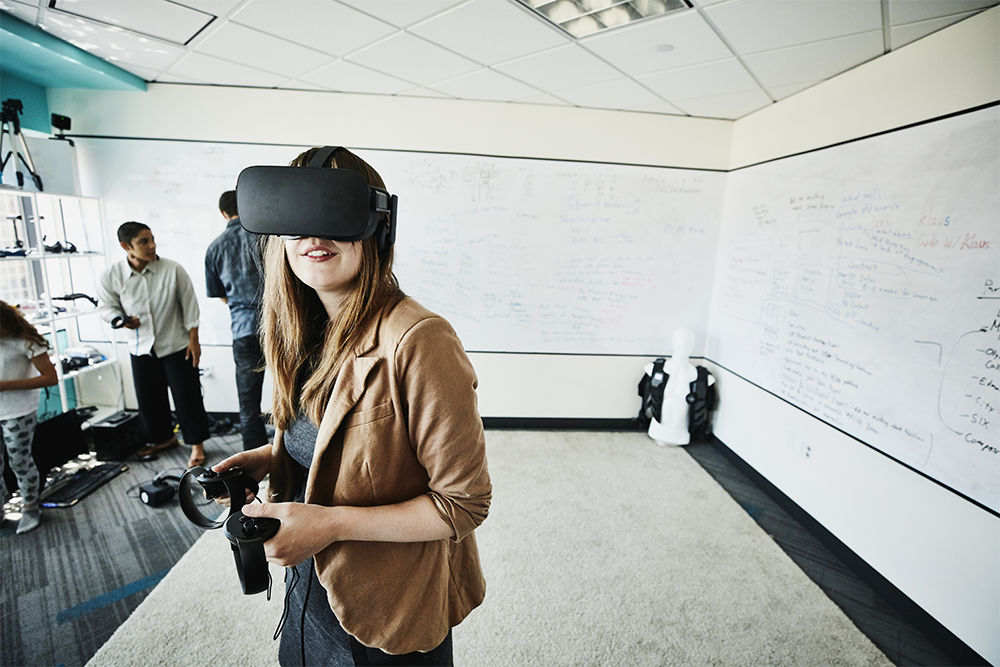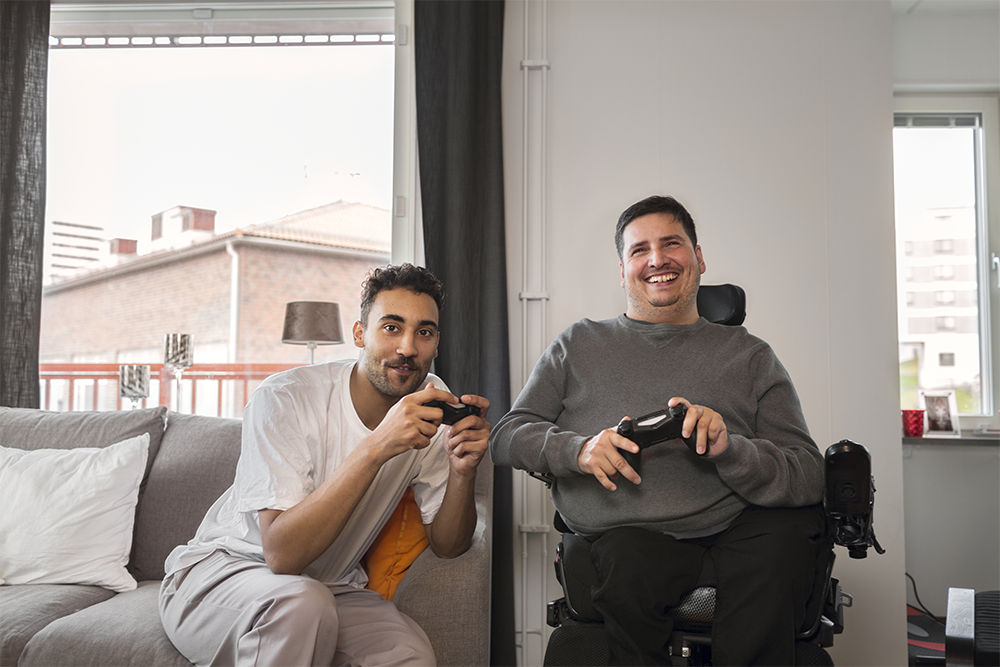Gaming Articles

How to best use your smartphone for mobile gaming
Check out these great tips for mobile gaming.

Creating a virtual reality headset from your phone
Learn cost-effective ways to explore virtual reality using your smartphone and a mobile VR headset.

Best Smartphones for Mobile Gaming
Check out some of the best mobile gaming smartphones at Verizon.

Why connect your PS4 to hotel Wi-Fi when you can do this?
Wondering how to connect your PS4 to hotel Wi-Fi? You may want to try this instead.